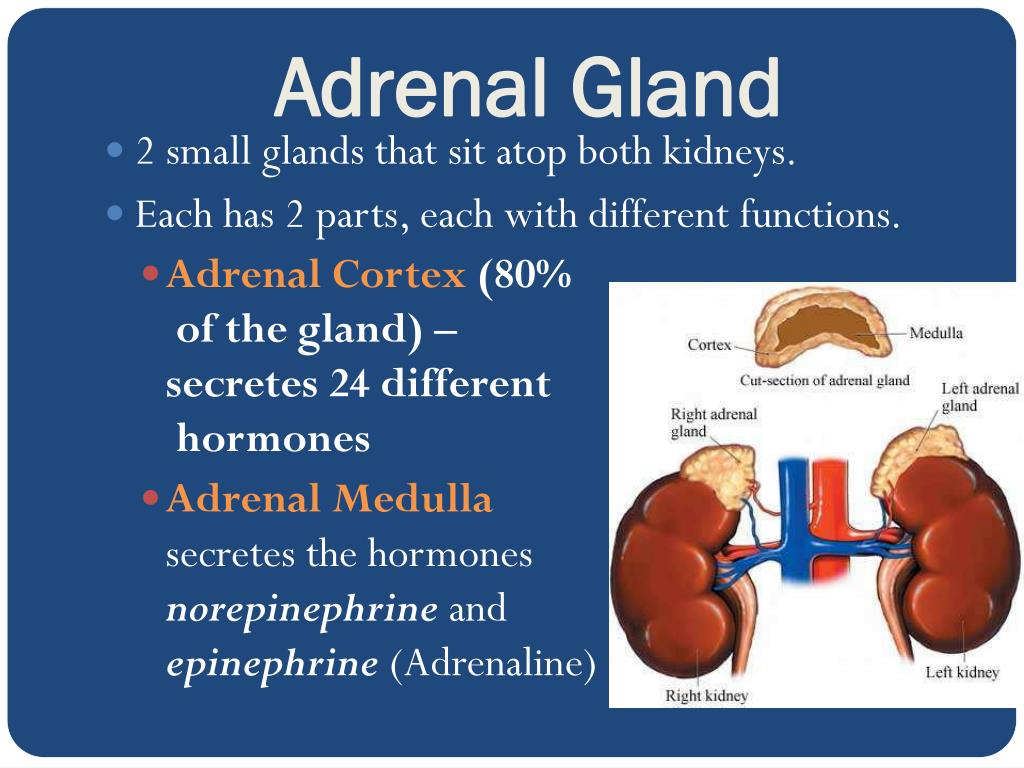

The adrenal glands make the hormones adrenaline and noradrenaline, which are released into the bloodstream when needed. How the tumour affects the adrenal glands It's usually possible to successfully remove a phaeochromocytoma using surgery. It will usually be non-cancerous (benign), although around 1 in 10 are cancerous (malignant). The tumour is mainly found in adults, although children can sometimes develop one. Learn more about the Barrow Pituitary Center – what we treat, treatments/procedures and to find a Pituitary specialist.A phaeochromocytoma is a rare tumour of the adrenal glands, which sit above the kidneys. This system constantly monitors glands and organs to determine whether to send or to stop the chemical messengers (hormones) that control their functions.

Together, the brain and pituitary gland form the neuroendocrine system. The pituitary gland is connected by a stalk to a part of the brain called the hypothalamus.

The sphenoid sinus, which is used to access the pituitary gland during transsphenoidal surgery, is below the gland. The pituitary gland sits below the optic chiasm-the point where the fibers of the optic nerves cross each other-and between the internal carotid arteries. The pituitary gland is located at the base of the brain, behind the bridge of the nose. It is about one-half inch (1.25 cm) in diameter. The pituitary gland rests within a hollowed out area of the sphenoid bone called the sella turcica.

Barrow-ASU Center for Preclinical Imaging.Department of Translational Neuroscience.Department of ENT and Skull Base Surgery.Bioskills & Neurosurgery Research Laboratory.For Providers & Researchers Show submenu.Parkinson’s Disease & Movement Disorders.Center for Transitional Neuro-Rehabilitation.


 0 kommentar(er)
0 kommentar(er)
